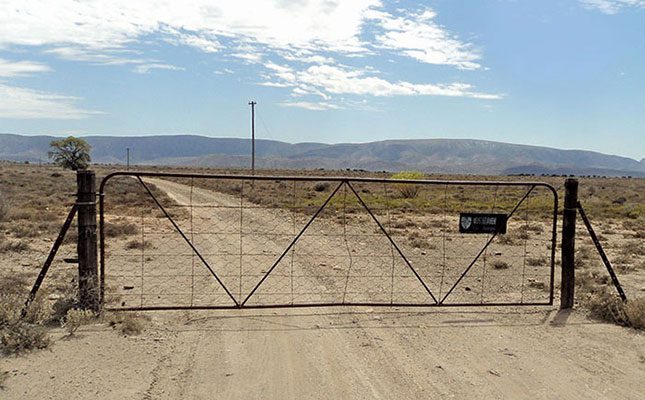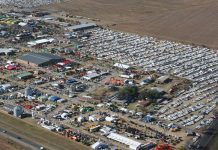
According to a statement by the department, the new system had been created in line with the Electronic Deeds Registration Systems Act No. 19 of 2019.
Annelize Crosby, head of Legal Intelligence at Agbiz, told Farmer’s Weekly that the Act aimed to speed up the registration and transfers of deeds, while combating fraud and duplication. The Act could also provide a mechanism for recording informal land tenure rights in a deed’s registry.
“Currently only formal rights such as ownership, long-term leases and registered servitudes are recorded. This is an important step, but implementation will likely be difficult as many informal rights are not surveyed and may be contested.”
According to the department, the eDRS would be maintained through the office of the Chief Registrar of Deeds.
“It provides for the Chief Registrar of Deeds to develop, establish and maintain the (eDRS) by using information and communications technologies for the preparation, lodgement, registration, execution and storing of deeds and documents.
“(The) eDRS aims to ultimately replace the manual registration processes with digital streamlined systems that use technology to ensure improved security, reduce turnaround times and curb corruption,” the department said.
The online portal is now live at eservices.gov.za/edrs in a limited capacity. It can be accessed by the public for information related to registered deed1qFWs and documents. The public can also gain electronic access to registers and documents without having to physically visit a Deeds Registry.
The third element highlighted by the department was the “4Pilot phase” electronic registration process. This would be rolled out to the entire user base following the pilot process.
“A dual registration process will be in place over the next five years, allowing for both manual and electronic lodgement and registration at the discretion of the conveyancer,” the department stated.
Legislation repealing existing Acts would be concluded by 2030, at which point all deeds registration processes would be solely electronic.
Crosby said concerns had been raised during the NEDLAC consultations over the transition phase. “Business was of the view that while the deeds office was still rolling out the system in phases and the system was not yet fully operational, manual registration processes should still be an option.”
On the whole, though, Crosby was positive. “All in all, [this] should speed up the transfer of property, enhance transparency in the deeds system and can potentially create a platform for also capturing informal tenure rights.”













